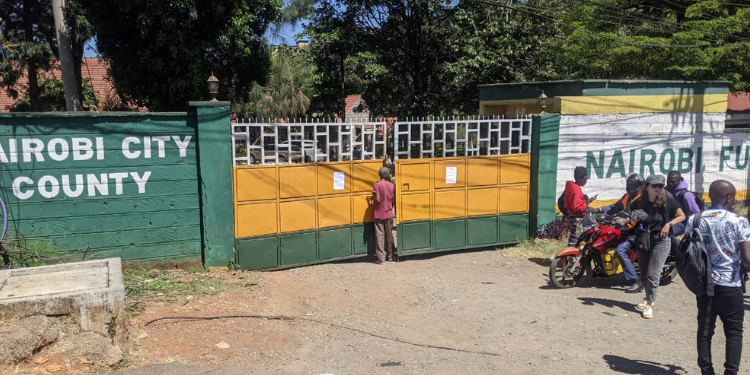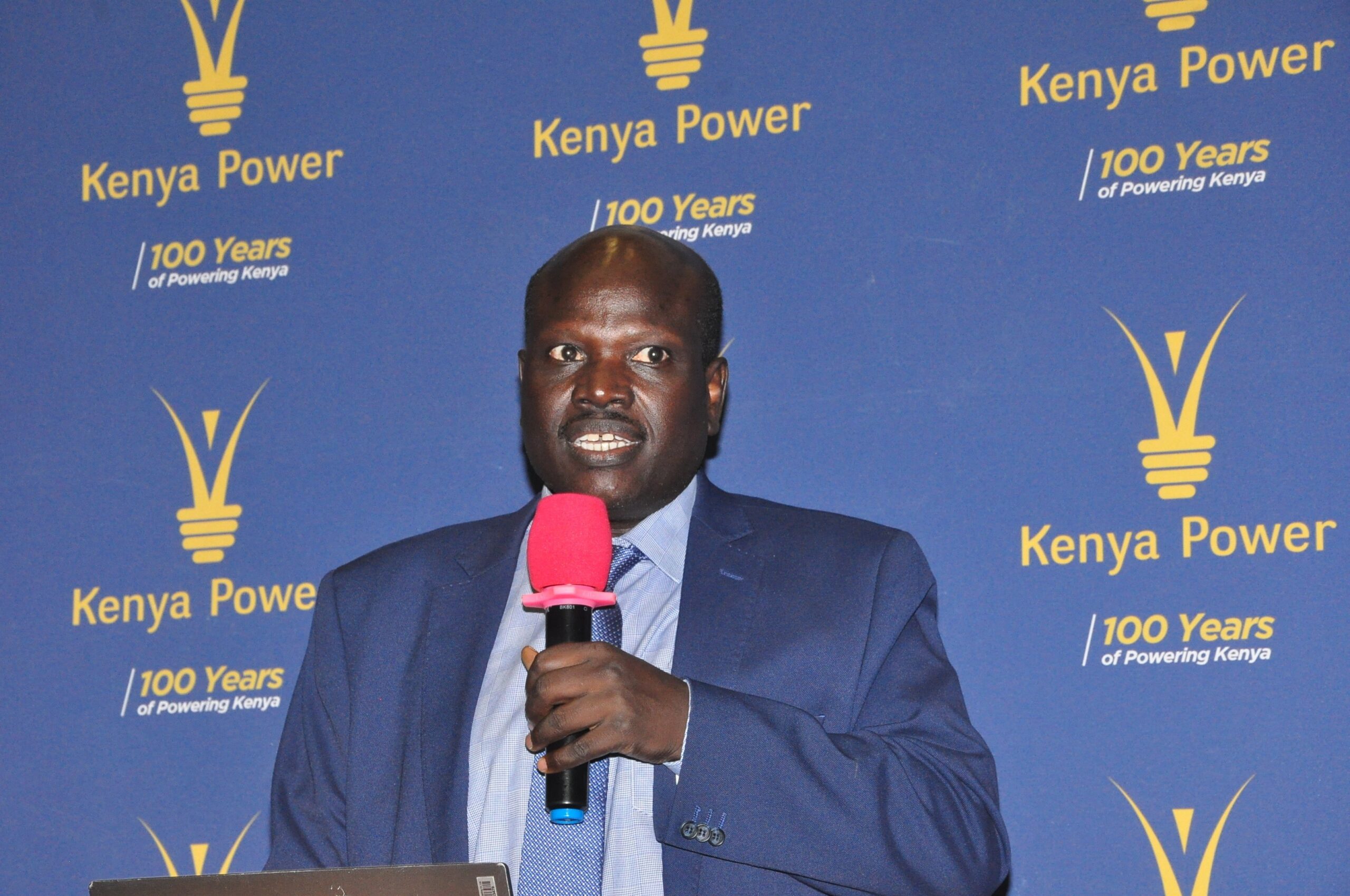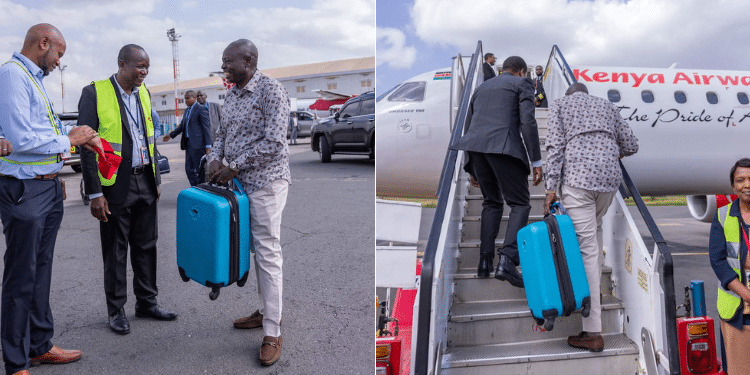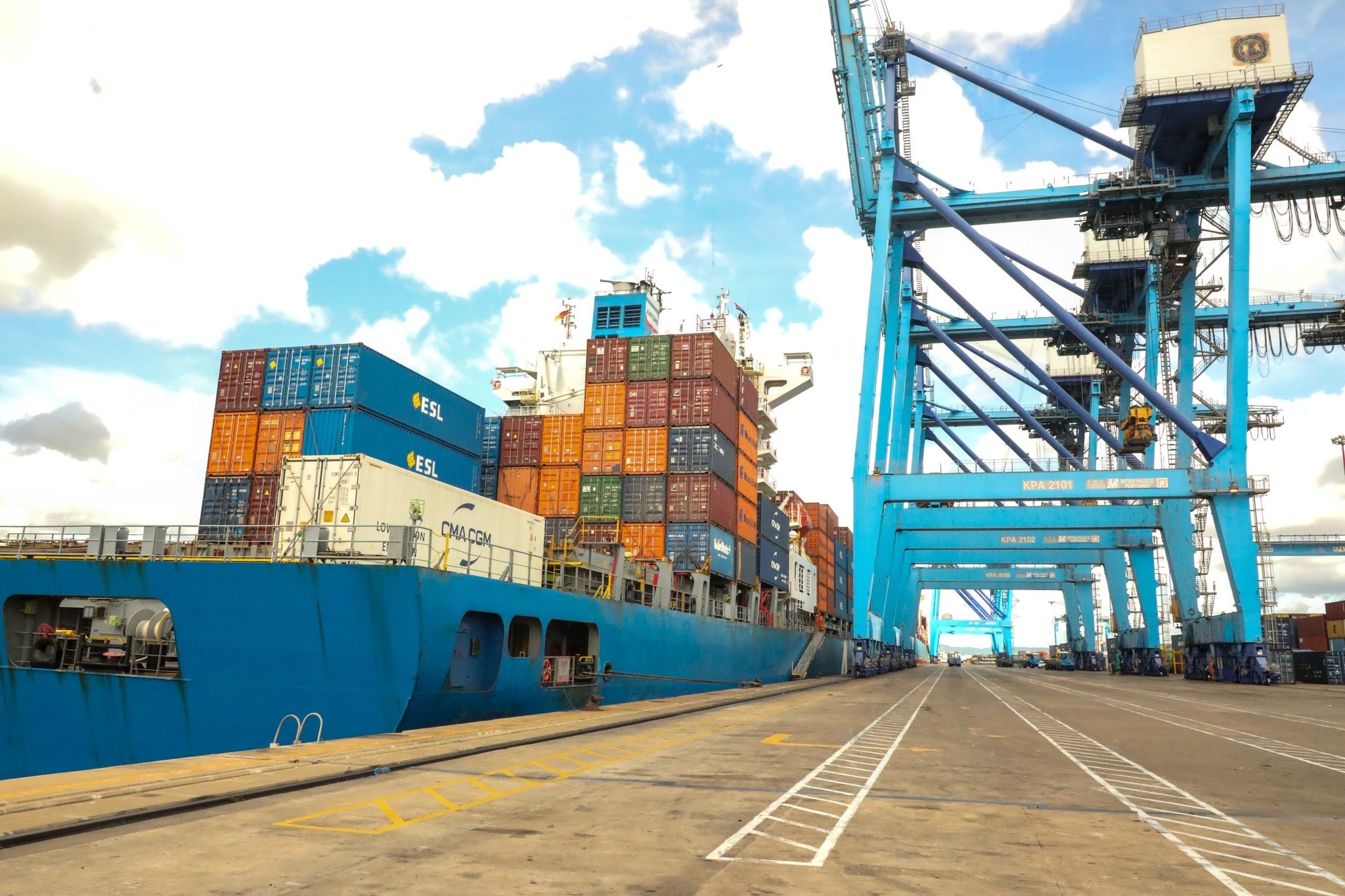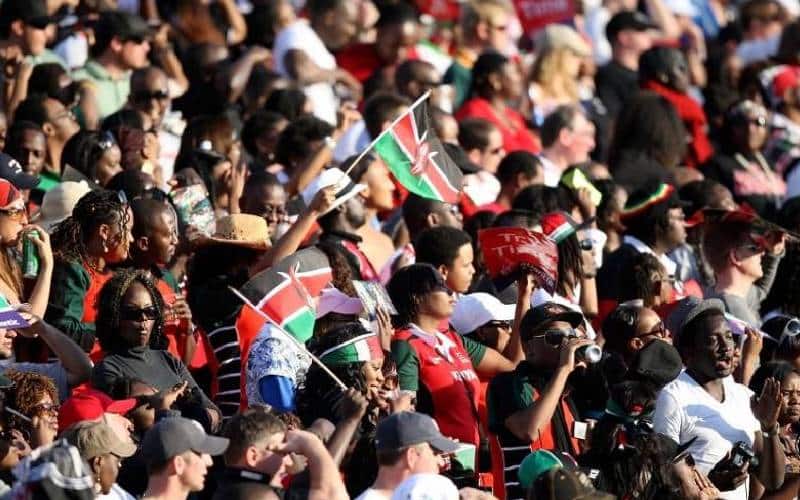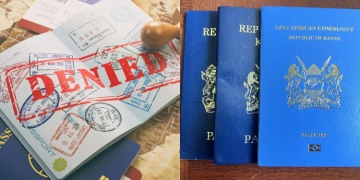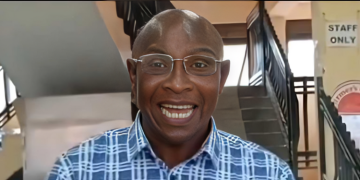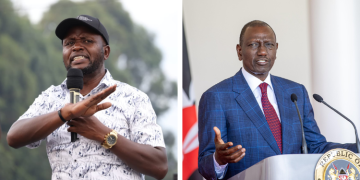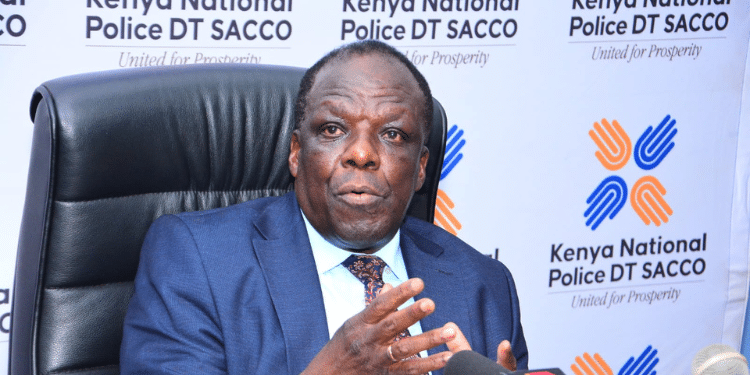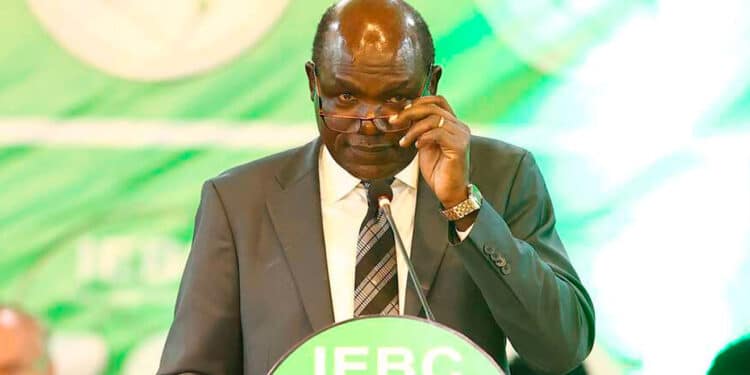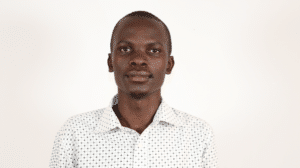Former Independent Electoral and Boundaries Commission (IEBC) Chairperson Wafula Chebukati took a firm stance against a wave of coups that has hit several countries in Africa.
In a statement on Thursday, August 31, Chebukati stressed on the importance of transparency during elections in the African Continent.
Chebukati explained that the coups arose because there were no observers during the general elections in the affected countries.
“The avalanche of election related military coups in Africa disrupts democratic gains.

In most of these elections, observers were excluded from the electoral process.
Election observers are necessary as they contribute towards transparency and accountability of an election outcome,” said Chebukati.
Chebukati Statement draws mixed Reactions
Chebukati’s take on the unrest in Africa attracted mixed reactions from all over the continent.
According to Peter Minor, African counties should use Kenya’s 2022 general elections as a basis of conducting transparent, credible, and verifiable elections.
“Africa could gain insights from your approach to conducting credible and verifiable elections. Kenya’s 2022 election showcased remarkable transparency.
Different stakeholders, including the media, were permitted to independently tally results, promoting resolution of any discrepancies,” said Minor.
Also Read: Met Department Warns of El Nino Rains
Chimano Shihembetsa supported the recent coup in Niger stating that one family has led the country since 1967.
“For Gabon, it’s a valid one, Omar Bongo 42 years in power, then the son Ali Bongo took over from 2009, so from 1967-2023 the country has been led by the father and son, then other relatives are in government positions, that’s nonsense, that coup is valid,” said Chimano.
However, according to John Desmond, African countries need dictatorial leadership like the one Gaddafi given to his country.
“Coups are because of false democracy. When the wish of the majority is trashed by the corrupt,” said Empiris Lolkeri.
AU condemns Gabon mutiny
The African Union Commission condemned the attempted coup d’état in Gabon as a means out of the current post-electoral crisis.
In a statement on Wednesday, August 30, Chairperson of the AU Commission, Moussa Faki Mahamat said the coup violates the legal and political instruments of the AU, including the African Charter on Elections, Democracy and Governance.
“AU encourages all political, civil and military actors in Gabon to give priority to peaceful political avenues, and a rapid return to democratic constitutional order in the country,” read part of the statement.
Further Mahamat called on the national army and security forces to adhere strictly to their republican vocation and to guarantee the physical integrity of the President of the Republic, members of his family, and those of his government.

West African Coups
Gabon
The coup in Gabon is the latest in the wave of military takeovers in West Africa.
On Wednesday, August 30 a group of senior military officers in Gabon said they had seized power in the country.
Moreover, this announcement came shortly after the incumbent President Ali Bongo Ondimba was announced winner of the election.
“We have decided to defend peace by putting an end to the current regime,” the officers said.
Further, the officers cancelled the election results, dissolved all government institutions, and indefinitely closed all borders.
Situation in Niger
In July 2023, Niger military took over the country’s administration and detained President Mohamed Bazoum and his family.
As such, senior military officers in the country formed a junta named the National Council for the Safeguarding of the Homeland.
Key stakeholders including ECOWAS, France, United States and the European Union widely criticized the military’s move.
Burkina Faso
In January 2022, Burkina Faso’s army overthrew President Roch Kabore, stating that he failed to contain violence by Islamist militants.
In addition, the coup leader Lieutenant Colonel Paul-Henri Damiba promised to restore security and peace in Burkina Faso.
However, the attacks worsened leading to a second coup in September 2022 when current junta leader Captain Ibrahim Traore ascended to power.
Also Read: Waende Mbinguni: Ruto Answers Those Asking for Apology
Guinea
In September 2021, special forces commander Colonel Mamady Doumbouya ejected President Alpha Conde.
In 2020, Conde changed the constitution to remove limits that would have prevented him from vying for a third term, triggering widespread demonstrations and the coup.
Doumbouya became interim president and promised a transition to democratic elections within three years.
The military regime later proposed to start the 24-month transition in January 2023, but opposition parties say it has done little to put in place institutions and a roadmap to return to constitutional rule.
Chad
In April 2021, Chad’s army took power after President Idriss Deby was killed in war while visiting troops fighting rebels in the north.
According to the Chadian law, the speaker of parliament should have become president.
However, a military council stepped in and dissolved parliament and named Deby’s son, General Mahamat Idriss Deby, interim president.


